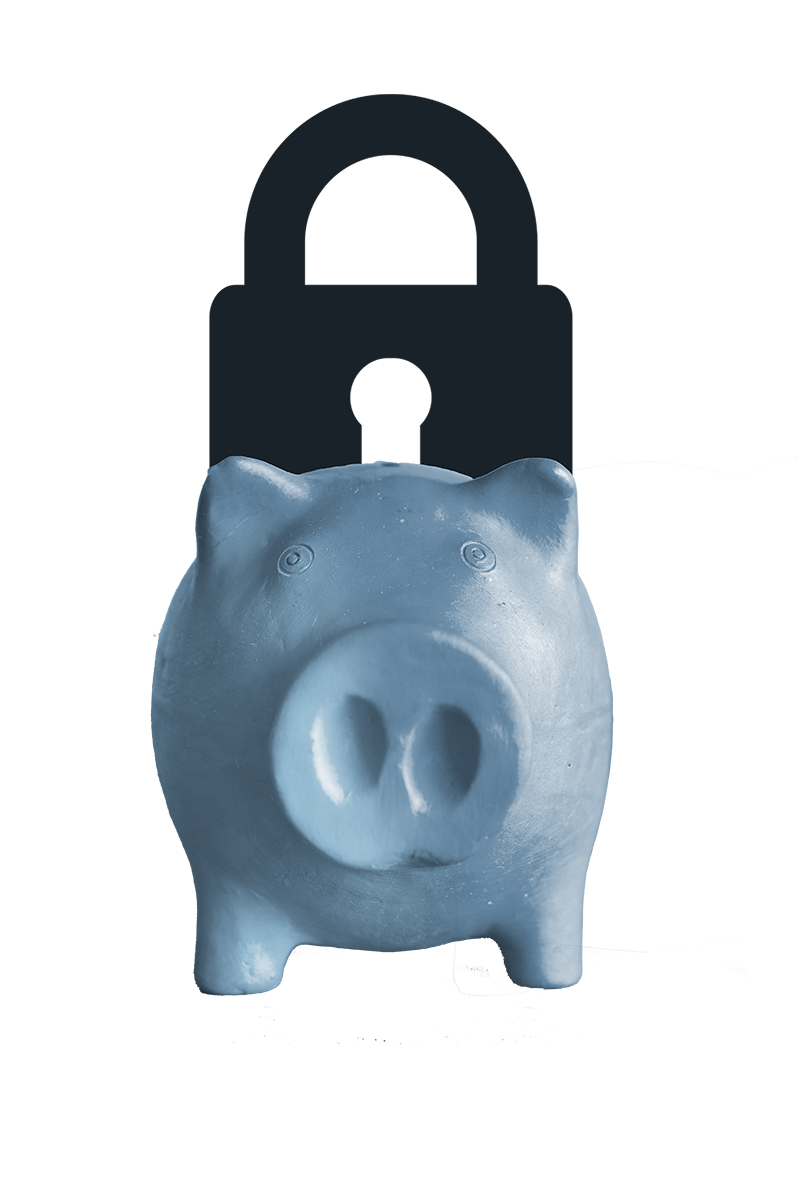Fixed Deposits: What it is and How it Works?

The world of finances has numerous investment options and it is barely possible for a common person to understand all the financial instruments and what are their benefits. Amongst the various investment options, fixed deposit is one major option. It is also deemed one of the safest ways to invest. This article aims to define what fixed deposit is, how it functions and what are its benefits and drawbacks.
Many banks and non-banking financial companies offer fixed deposits as investment instruments for clients. A fixed deposit investment; as the name suggests, is a fixed amount of money you deposit as an investment. You will only receive your returns at the end of the period with the promised interest rates. Companies use fixed deposits as a way to expand their business or facilitate their expenditures. With the returns they gain through their spending, they pay back the depositors with the extra sum at the end of the tenure. So what are the features of fixed deposits?
The most important aspect of this instrument is its guaranteed return feature. Unlike the stock market, the rates of fixed deposits are not volatile. It gives you the exact sum of money promised at the beginning of the deposit. The risk free nature of fixed deposit make it a safe investment plan. You may also get insurance for your deposit which can back you up if something happens to the company. Another major feature is its higher interest rate compared to that of savings account. Fixed deposit also helps during liability issues. Even though you cannot withdraw your money, you may take a loan against your deposit. Most banks offer loans anywhere from 60% to 90% of your deposit. Lastly, most companies provide a flexible option from the period of your fixed deposit. The tenure duration may stretch for a few weeks to several years.
For its drawbacks, you cannot top-up your deposit; which means throughout the tenure you choose, your deposit stays the same and the final sum is never less or more. Many people also find that the returns are lower in comparison to other forms of investment options. Next comes the liquidity issue. You cannot withdraw your deposit until the end of the period. You can only do so by paying the fine agreed in the policy.
So should you invest in a fixed deposit? Definitely! If you are a person with a low risk appetite, investment instruments like fixed deposits are for you. For some people fixed deposits also appear as a means of earning returns as a result of saving money. Fixed deposits are highly recommended if you are above 50. In such cases, taking risks isn’t the best option and getting guaranteed returns is always a plus. But if you like taking risks and have a good knowledge of the stock market, you can find better options for investment than fixed deposits.


